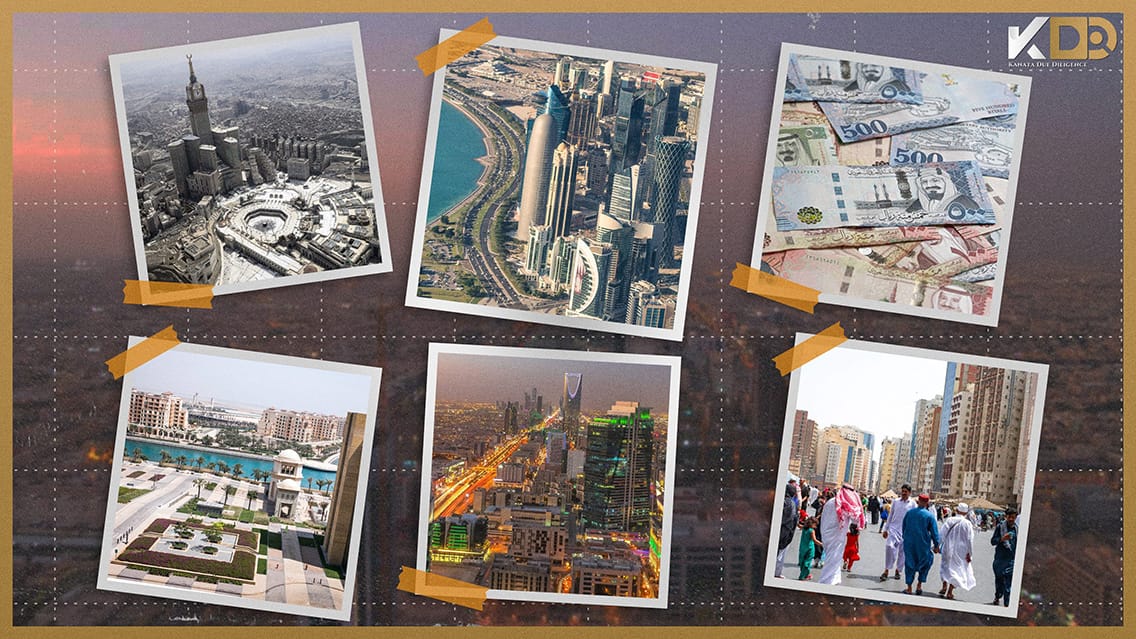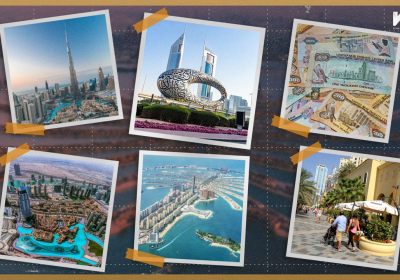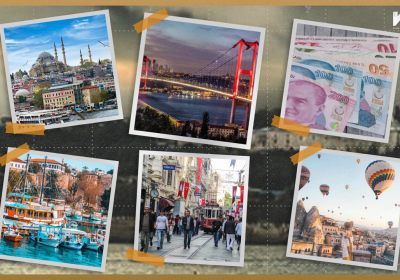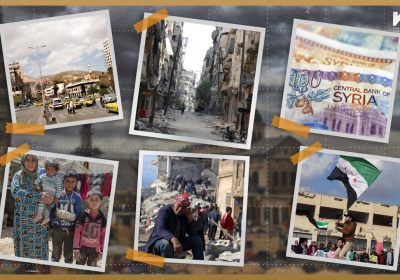Kingdom of Saudi Arabia (KSA): Navigating Tradition and Transformation

The Kingdom of Saudi Arabia (KSA), located on the Arabian Peninsula, is a nation of profound contrasts, seamlessly blending rich traditions with ambitious modernization initiatives. As one of the Middle East’s largest countries, Saudi Arabia has played a pivotal role in regional geopolitics and global affairs.
Geographical Significance: Spanning a vast expanse on the Arabian Peninsula, Saudi Arabia is strategically positioned, sharing borders with several nations, including Iraq, Jordan, and Yemen. The Red Sea lies to the west, while the Persian Gulf graces its eastern coast. The country’s diverse landscapes range from arid deserts to the stunning mountainous regions of the Hijaz.
Cultural Heritage and Language: Saudi Arabia takes immense pride in its cultural heritage deeply rooted in Islamic traditions. Arabic is the official language, and the kingdom is home to the two holiest cities in Islam, Mecca and Medina. The annual pilgrimage, Hajj, attracts millions of Muslims from around the world, showcasing the nation’s central role in the Islamic world.
Economic Powerhouse and Vision 2030: Saudi Arabia has traditionally relied on oil exports, solidifying its status as a key player in the global energy market. However, the Vision 2030 initiative, launched in 2016, represents a transformative vision for the nation. Aimed at diversifying the economy, fostering innovation, and enhancing societal well-being, Vision 2030 is steering Saudi Arabia toward a post-oil era.
Architectural Marvels and Modernization: The kingdom’s cities, particularly Riyadh and Jeddah, have witnessed a surge in modern architectural marvels. The iconic Kingdom Centre Tower in Riyadh and the Jeddah Tower, set to be the world’s tallest building, symbolize Saudi Arabia’s embrace of contemporary development. The entertainment sector has also seen notable growth, with cinemas and cultural events contributing to a more vibrant urban landscape.
Societal Changes and Women’s Empowerment: Saudi Arabia has witnessed significant societal changes, notably in women’s empowerment. Reforms allowing women to drive, attend sports events, and partake in various sectors of the workforce mark a departure from traditional norms. These changes signal a commitment to fostering a more inclusive and diverse society.
Regional Dynamics and Diplomacy: The kingdom plays a crucial role in regional dynamics, often taking a leadership position within the Gulf Cooperation Council (GCC). Saudi Arabia’s diplomatic initiatives extend beyond the region, engaging with global partners and participating in various international forums.
Challenges and Global Standing: While Saudi Arabia progresses on various fronts, challenges persist. Human rights concerns, regional conflicts, and global perceptions pose ongoing challenges. Navigating these complexities requires a delicate balance between tradition and the aspirations of a modern society.
Mapping the Kingdom’s Landscape: Exploring Saudi Arabia’s map unveils the expansive geography, key cities, and vital infrastructure that underpin its strategic significance. The map provides a visual narrative of the kingdom’s regional position and its connection to neighboring countries.
In conclusion, Saudi Arabia stands at the crossroads of tradition and transformation, navigating a path toward a more diversified and modern future. Its strategic significance, cultural richness, and commitment to change make Saudi Arabia a nation of immense global relevance.



Leave a Reply